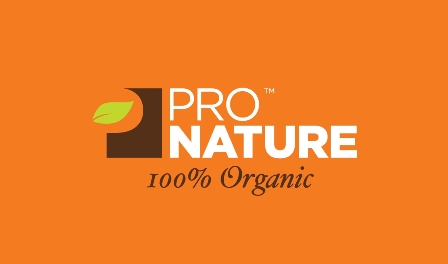I am now convinced that if there's one thing in the world the processed food industry is dead set against, it's allowing us to actually maintain some level of control over what we eat. Packaged food is anyway not the healthiest option. So I make it a point to read through the nutrition facts and ingredients thoroughly before I pick it up.
If you do it often enough you will see a pattern emerge. And here’s what I found.
We all know about the goodness of fiber and off late there is also a flux of “fiber enriched” processed food products in the market. And every “fiber enriched” product has “cellulose” in it (according to the ingredients). Any guesses what cellulose actually is? C’mon one little guess. No, okay hold on to your seat, it is wood pulp!
 | ||||||||
| That loaf and chopping board have equal quantities of wood |
But the worst thing about cellulose is not that it's everywhere. The worst thing is that it is not food at all. Cellulose, unlike the actual, normal food items you think you're paying for, is completely indigestible by human beings, and it has no nutritional value to speak of. If a product contains enough of it, you can literally get more nutrients from licking your fingerprints off its wrapper.
What totally escapes me is why the processed food producers strip the original ingredients off all its natural fiber content to eventually add wood pulp to make it fiber enriched? But then just because they are bonkers, thankfully, does not mean that we have to be too.


